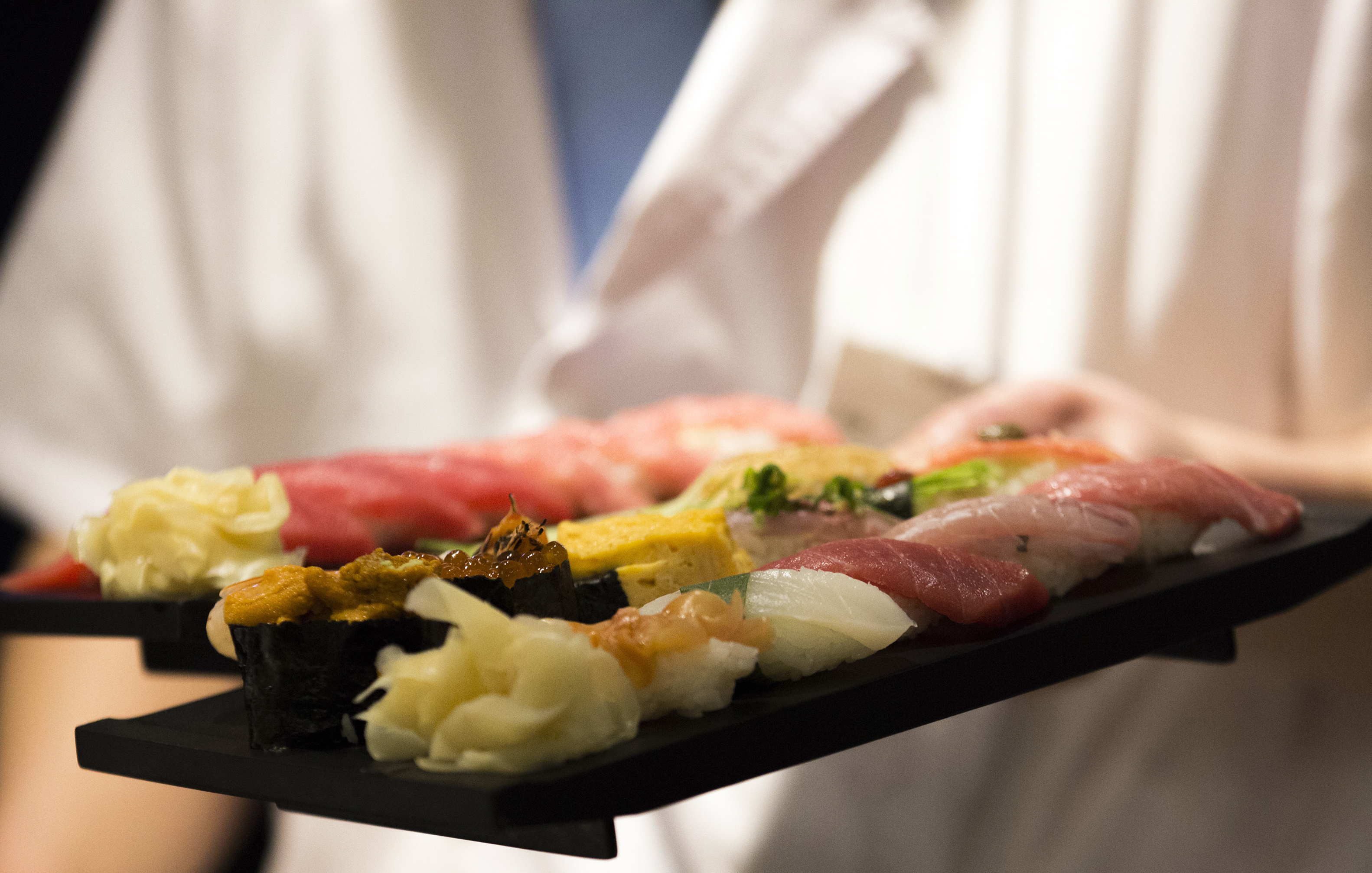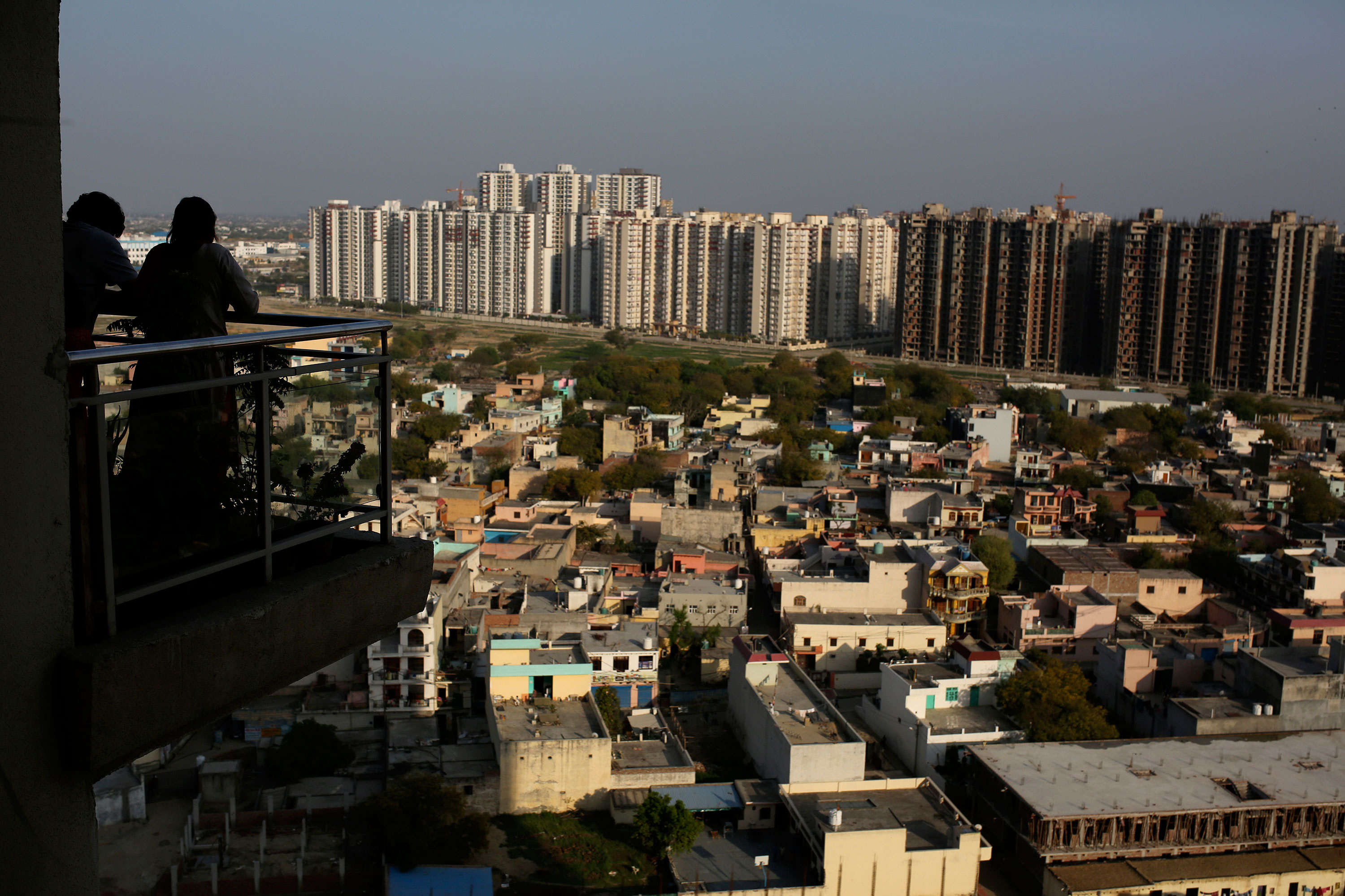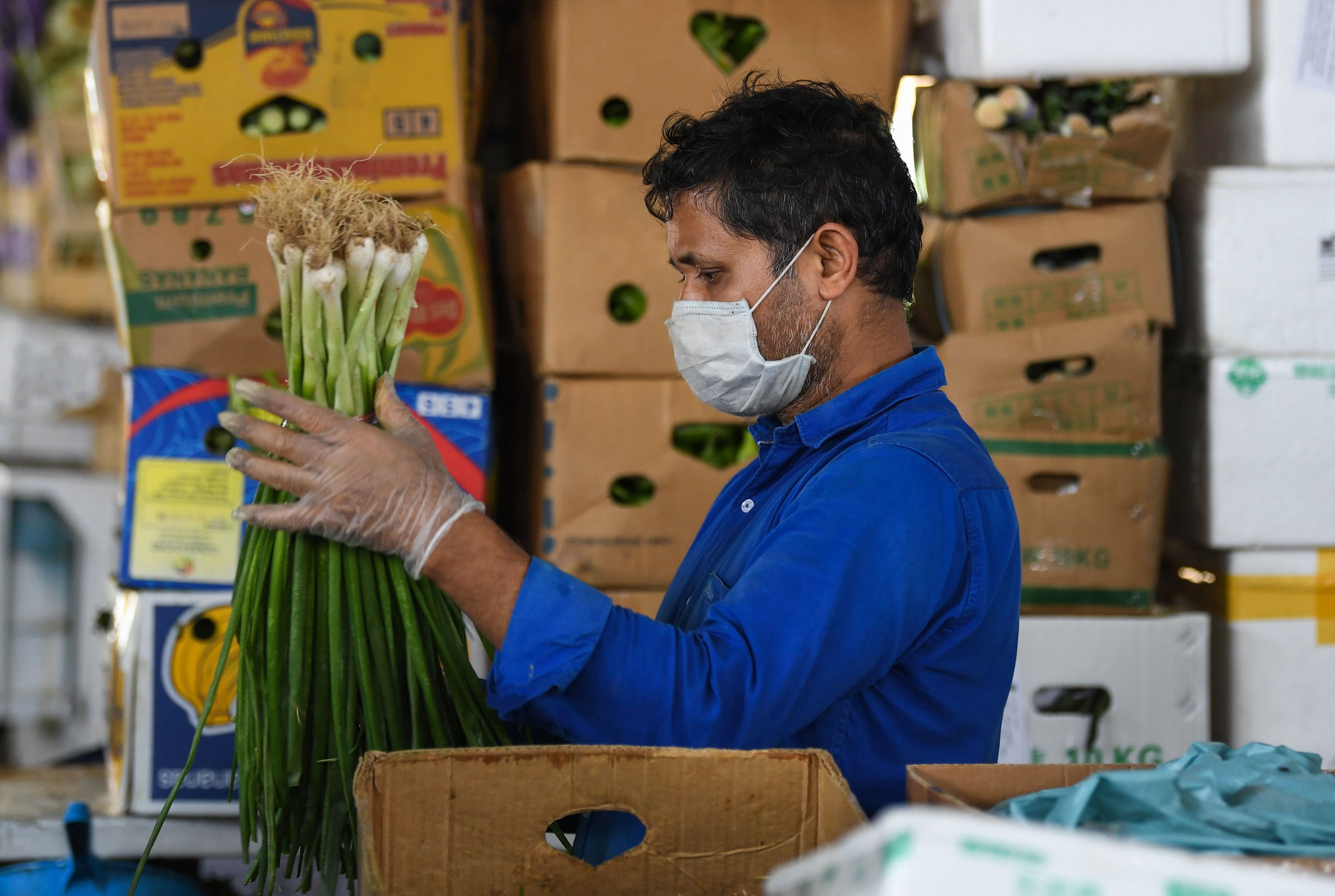
States around Australia have brought in strict new measures to control the spread of coronavirus.
Currently, the country has at least 1,098 cases and seven deaths, according to the World Health Organization.
Here's how the country is handling the outbreak.
Shutting non-essential services: At midday Monday, businesses across Australia followed the government’s orders to shut down bars, restaurants, gyms, places of worship and other venues where people traditionally congregate.
Domestic travel discouraged: South Australia, Tasmania and the Northern Territory are among those to require anyone arriving into the state to self-isolate for 14 days. South Australia's Premier Steven Marshall described the move as a decision to "close the border." Despite that, travelers are still able to enter the state.
Olympics in doubt: Australia's Olympic Committee is telling its athletes to prepare for the possibility that the Games could be postponed until 2021. In a statement Monday, the committee said its Executive Board had unanimously agreed that an Australian team "could not be assembled in the changing circumstances at home and abroad."
"Toughest year of our lives": Australian Prime Minister Scott Morrison called on Australians to stand up to the “unprecedented challenge” of the global health crisis. "Life is changing in Australia for every Australian and life is going to continue to change," he said. "For many young and old, 2020 will be the toughest year of our lives."











